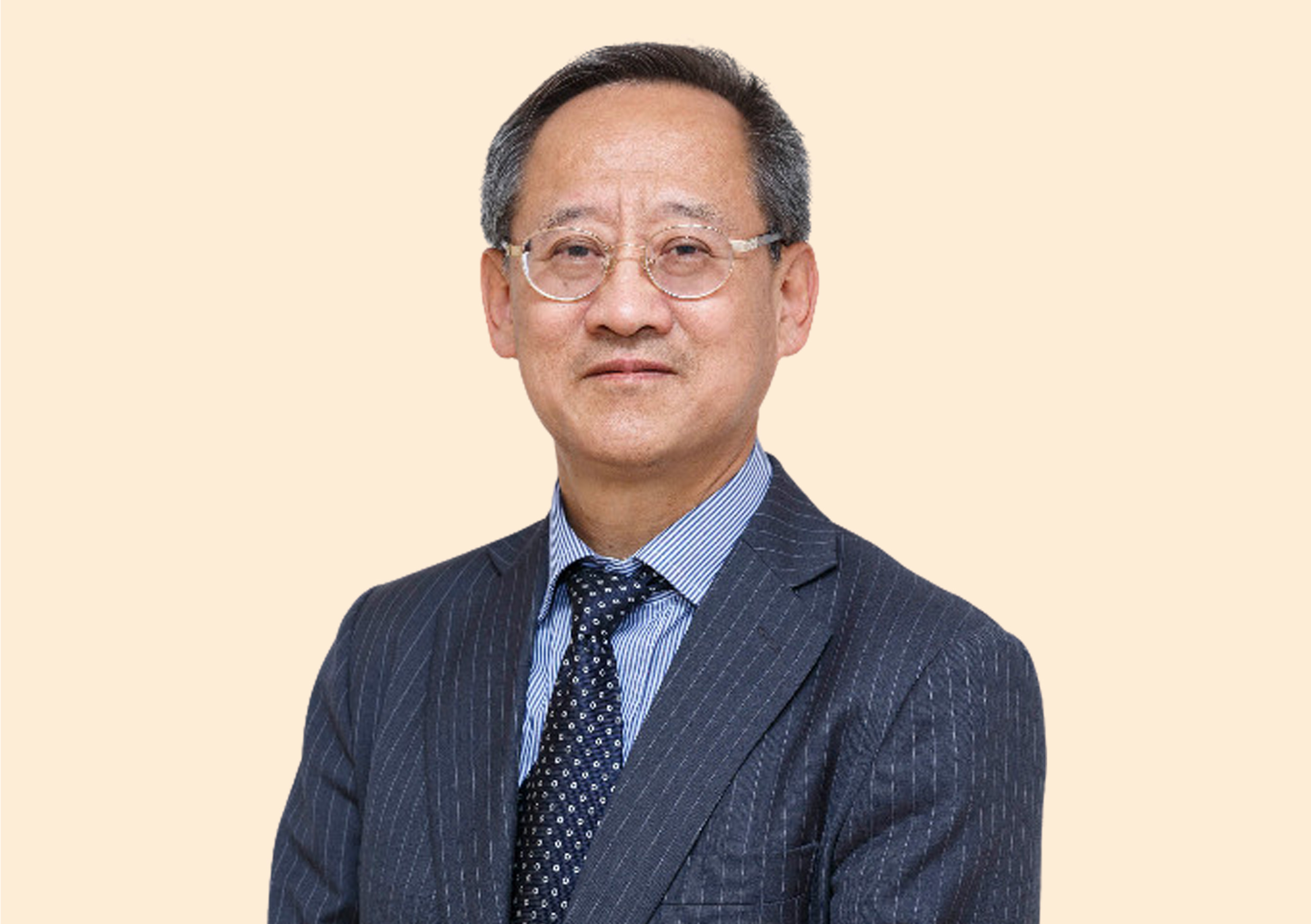
China’s COVID-19 policies and strategies have been met with a range of responses, especially if you look at what the western media have said about them.
Over the last three years, China has adopted a “zero-dynamic COVID-19” policy, which is by and large a preventative approach aimed at preventing people from being infected by the virus under the principle of putting people’s lives and help above anything else.
According to Jinkang WU, China has done extremely well when it comes to the management of the COVID-19 pandemic and related casualties. If you compare the size of China and other badly hit regions, you can see the facts.
He shared these insights during an online dialogue with the Africa-China Centre for Policy and Advisory under the Africa-China 2.0 series.
Jinkang WU previously served as the International Fund for Agricultural Development’s president’s special advisor. He spent 23 years working at the Ministry of Finance of the People’s Republic of China.
He said that China has changed its strategy, which is good for the Chinese economy, the world economy, and the African countries that are affected quickly.
He said that it is well known that China has handled COVID-19 epidemic outbreaks across the country well and kept its incidence rate, severe illness rate, and death rate at the lowest levels in the world. This has saved many lives, and he thinks that the policy has done what it was supposed to do to stop the virus from spreading.
He believes that it is time to relax the COVID-19 restriction policy. China has closely observed the international trend of the virus’s development and has come to understand the symptoms of the virus as well as the overall cause of the omnicron, despite the fact that it is weaker than the Delta and the original virus.
In his words, “We have the vaccinations; we have the drugs; we’re getting well prepared.” “We’ve been well prepared for about three years; now it’s time to relax the policy and adjust the strategy.”
Written by Victoria Owusu Boateng, Research Associate at ACCPA
Source: Africa-China Centre for Policy & Advisory
